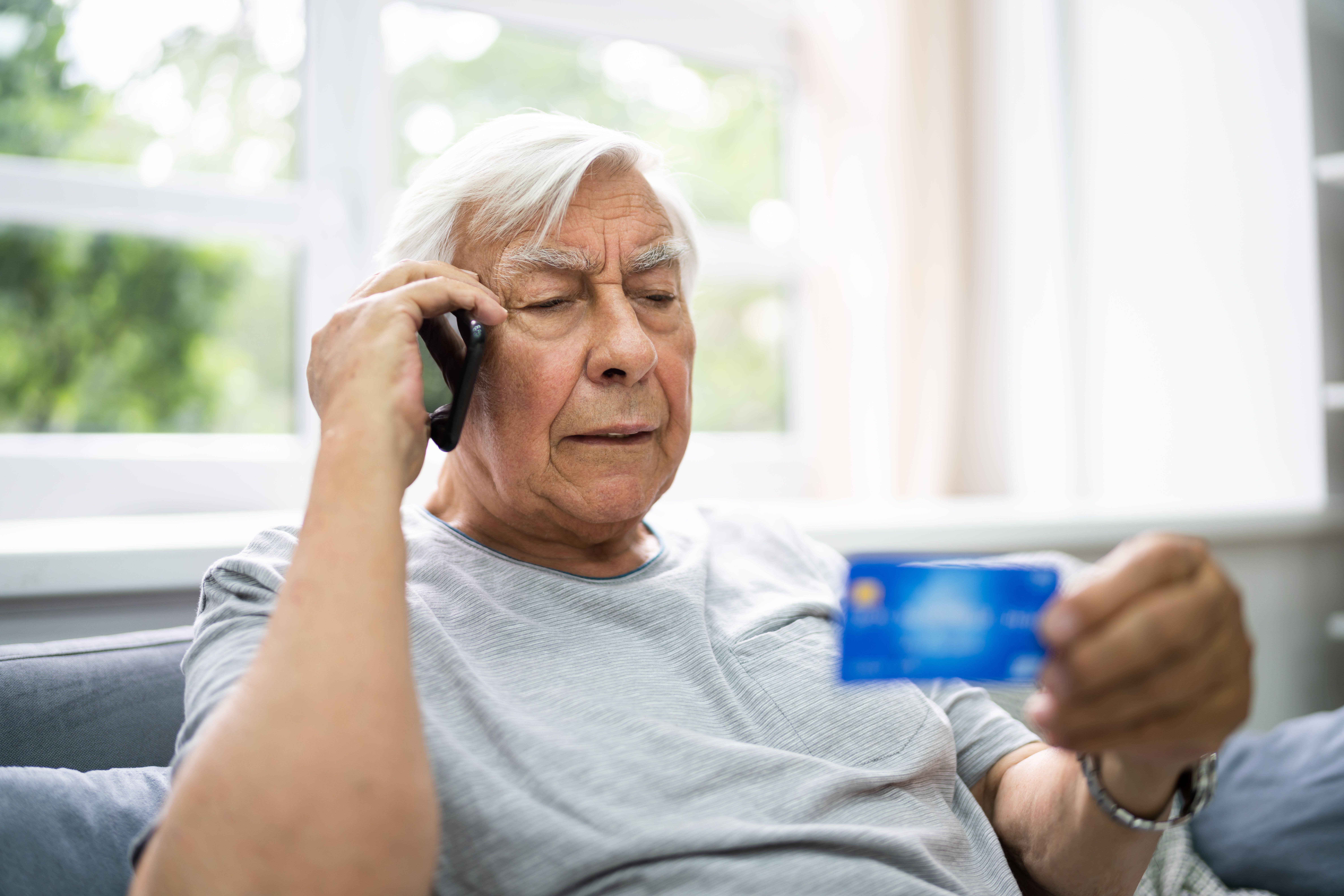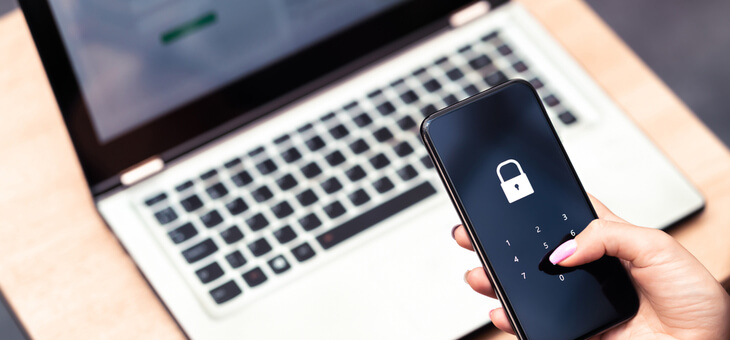With increasing numbers of people doing their banking online, around one in five of us haven’t visited a bank branch since before the Covid-19 pandemic, according to a recent survey.
Having a banking app which is simple to use came out top as the most important interaction people have with their bank, according to the consumer survey from KPMG UK.
However, visiting a physical branch was still the second most important contact people think they have with their bank.
With so many of us using our laptops and smartphones to do everyday banking, it’s crucial to stay safe online. But a separate study from Which? – with the help of experts from cybersecurity firm 6point6 – has found that online security protections vary from bank to bank.

The consumer group has called for banks to “up their game” by using the latest protections for their websites, and not allowing customers to set unsecure passwords.
In response, banks have said security is a top priority and constantly kept under review.
Whether you’re banking online or in branch, here are some suggestions from Which? to protect yourself…
1. Don’t click links or call phone numbers in unexpected emails and texts. Contact your bank directly, using known contact details.
2. Use up-to-date security software, including antivirus.

3. Activate security on your home router to prevent others from accessing it. Avoid accessing your account from a public computer or unsecured wireless network.
4. Never leave a public computer unattended and always log out when you’ve finished.
5. Check your privacy settings on social media platforms. Remove personal information such as your email, date of birth and phone number, as this could increase your risk of identity theft.
6. Make sure you read your statements so you can spot suspect transactions and report anything unfamiliar to your bank.
7. Be aware of ‘confirmation of payee’. This is a new name-checking system introduced by some banks, which gives an additional layer of security by checking that the name of the person you think you are paying matches the account details. This can help prevent bank transfer fraud, as a common tactic by scammers is to persuade people to move money to a “safe account”.

8. Use banks’ security features. For example, if you lose your card, you could use your banking app to ‘freeze’ it, so no one else can use it. Some banks will also let you block specific purchases, for example, ones related to gambling.
9. Make use of real-time spending notifications, if your bank offers them. Some banking apps will send payment alerts to customers.
10. Use ATMs inside the bank, if you’re worried that a cash machine on the street may have been tampered with.
Do you ever get worried about any of these issues? Why not let us know in the comments section below?
If you enjoy our content, don’t keep it to yourself. Share our free eNews with your friends and encourage them to sign up.

